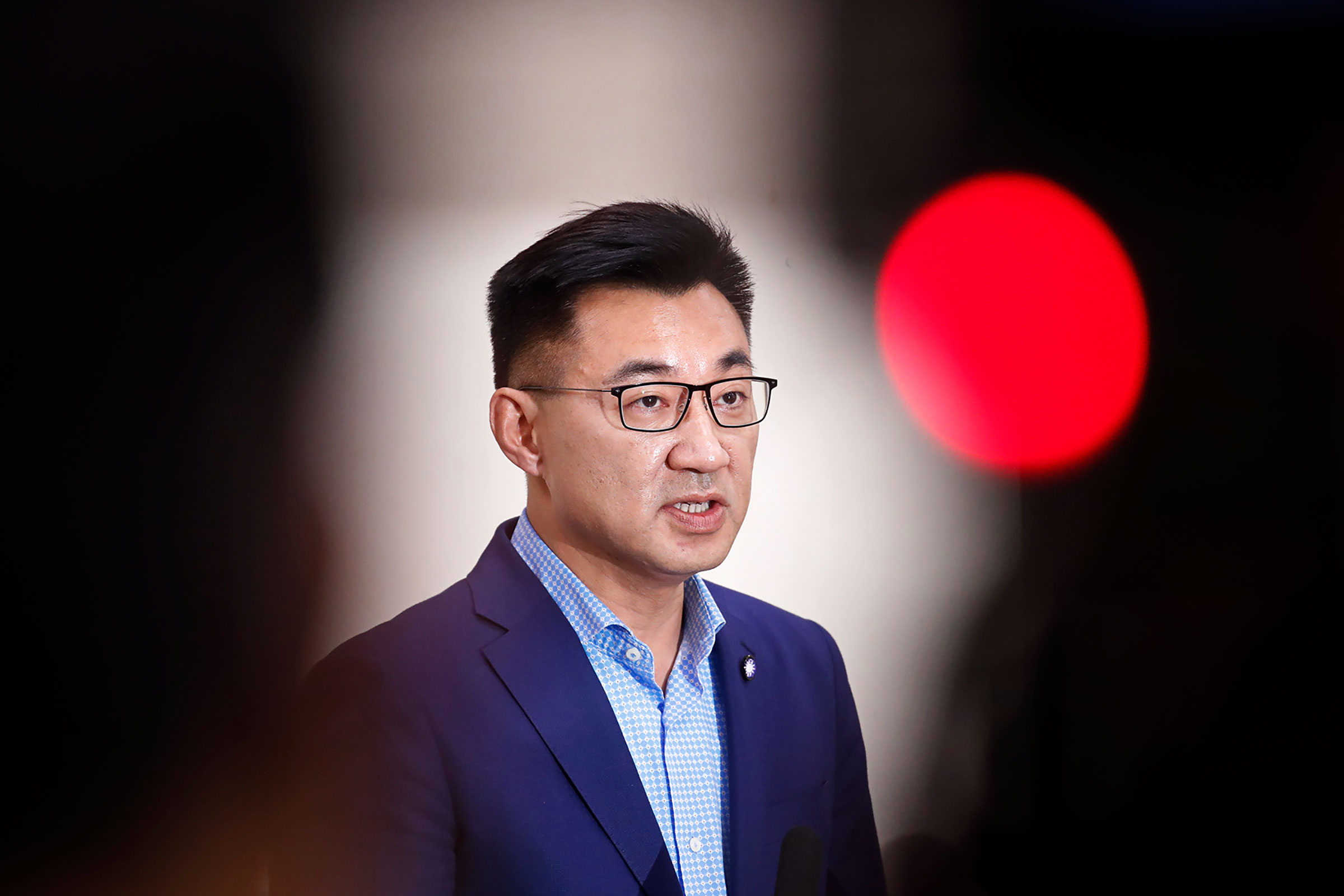Elected in 2020 as the youngest-ever leader of Asia’s oldest political party, 48-year-old Johnny Chiang knew that reforming Taiwan’s Kuomintang (KMT) wouldn’t be easy. But given that his party had just suffered two straight crushing election defeats, he knew they needed to move away from their aging base and attract a new generation of voters. The problem: the KMT has long held the position that self-ruling Taiwan and the Chinese mainland are a part of the same country—a notion welcomed by Beijing but alienating to young Taiwanese eager to forge their own way. Recalibrating this stance is vital to the future of the KMT; however, it risks angering an increasingly hawkish Chinese government, which has repeatedly vowed to invade should Taiwan declare independence. Moreover, the U.S. is obliged by treaty to sell Taiwan weapons, and could be drawn into any conflict. Regional stability may rely on the ability of Chiang—a U.S.-trained former academic and economist—to navigate this tightrope while quelling populist voices within his own ranks. “The youth will be the major decision-makers in our party,” Chiang tells TIME. —Charlie Campbell
- The 100 Most Influential People of 2024
- The Revolution of Yulia Navalnaya
- 6 Compliments That Land Every Time
- What's the Deal With the Bitcoin Halving?
- If You're Dating Right Now, You're Brave: Column
- The AI That Could Heal a Divided Internet
- Fallout Is a Brilliant Model for the Future of Video Game Adaptations
- Want Weekly Recs on What to Watch, Read, and More? Sign Up for Worth Your Time
